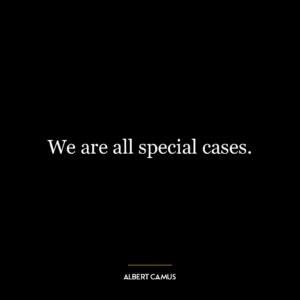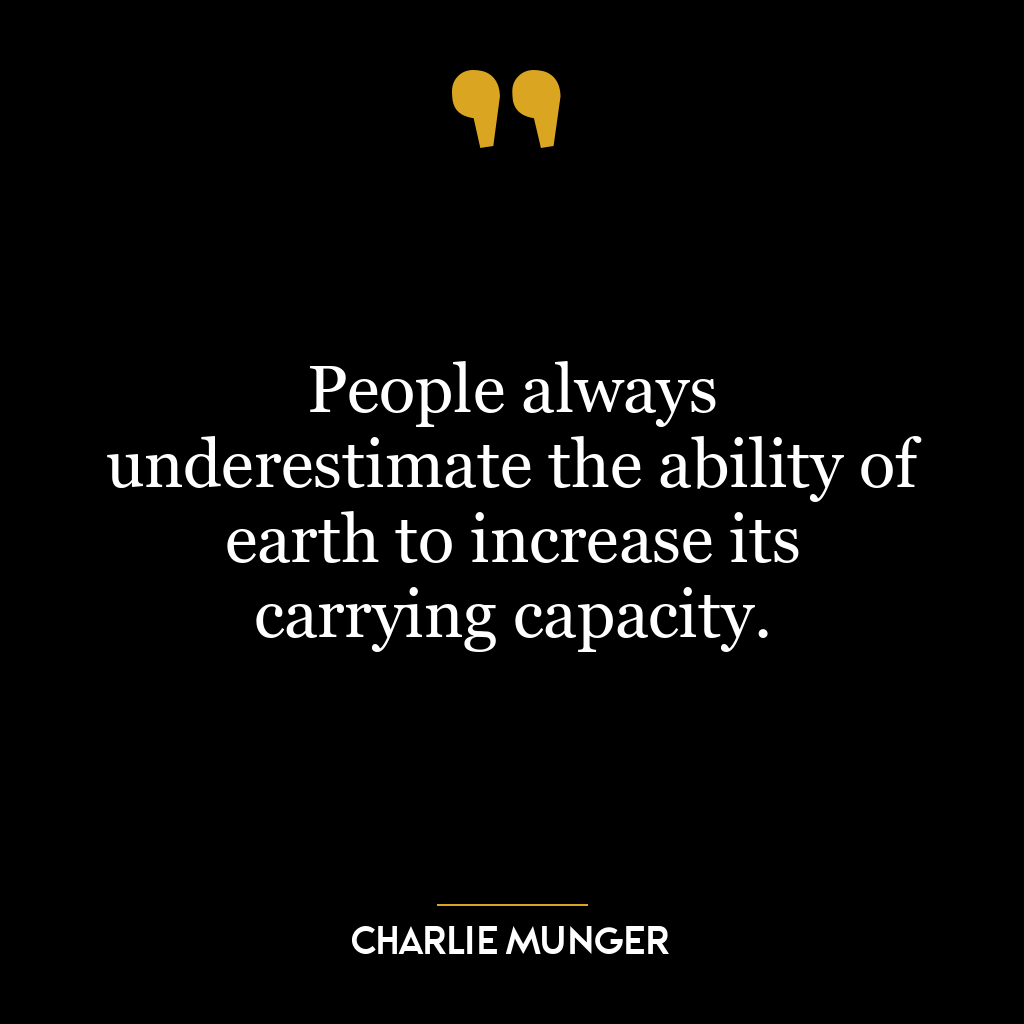There is no fate that cannot be surmounted by scorn.
There is no fate that cannot be surmounted by scorn” is a powerful statement that emphasizes the human ability to overcome any adversity through the power of disdain or contempt. In essence, it proposes that by scorning or rejecting the idea of an inevitable fate or destiny, we can rise above it.
The word “fate” is often associated with an unchangeable future, a predestined path that we’re destined to walk, regardless of our actions or choices. However, the quote suggests that scorn, a strong feeling of contempt or dismissiveness, can be a powerful tool to surmount, or overcome, this perceived inevitability. By refusing to accept fate as an unchangeable constant, we can, in fact, alter our course.
This idea can be applied in many ways in today’s world and in personal development. For example, consider someone who grew up in a disadvantaged environment and is told that their fate is to continue in poverty. According to this quote, by scorning this notion, by refusing to accept this as an inevitable destiny, they can strive to change their circumstances.
Similarly, in a broader societal context, this quote could be applied to situations where certain groups of people are marginalized or oppressed. By scorning the idea that their fate is to remain in such a position, they can strive for change and equality.
In personal development, this quote can be a powerful motivator. It encourages individuals to scorn or dismiss limitations or preconceived notions about what they can achieve. By doing so, they can surmount any challenges and redefine their own fate.
In conclusion, this quote is about the power of the human spirit to reject the concept of an unchangeable fate. It’s about the strength we can find in contempt for limitations and the motivation that can come from a refusal to accept the status quo. It’s a call to action to scorn the idea of fate and take control of our own destiny.















